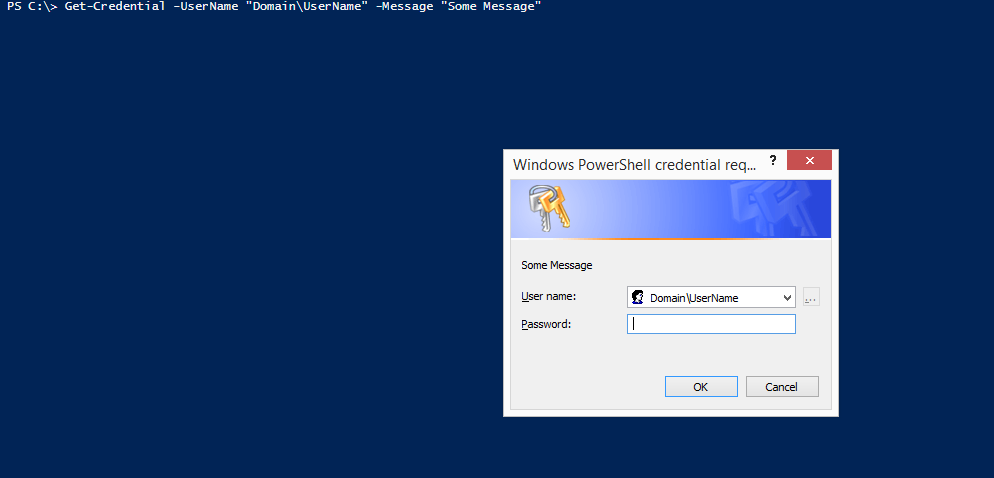"Lastlogon" Or "Lastlogontimestamp”
"Lastlogon" Or "Lastlogontimestamp” - Last day I got a little chat with my management regarding migrating some Active directory users from an old domain to our new domain. - Now before talking about policy differences between the old and the new, we came to know that there are many dummy accounts in the old domain, so before migration, we wanted to know the active users who are logging in at least once in the month. - I already know about “Lastlogon” and “lastlogontimestamp” attributes, but I was confused which one I should retrieve… - After some research, I found that both can be used, but the most accurate one is “lastlogon”, but the problem is this attribute will not replicate to other domain controllers, for example: - Let’s say I have one pc, one user and 3 domain controllers(DC1, 2, and 3), the pc send an authentication request to DC1, the “lastlogon” attribute for usr1 will ta
